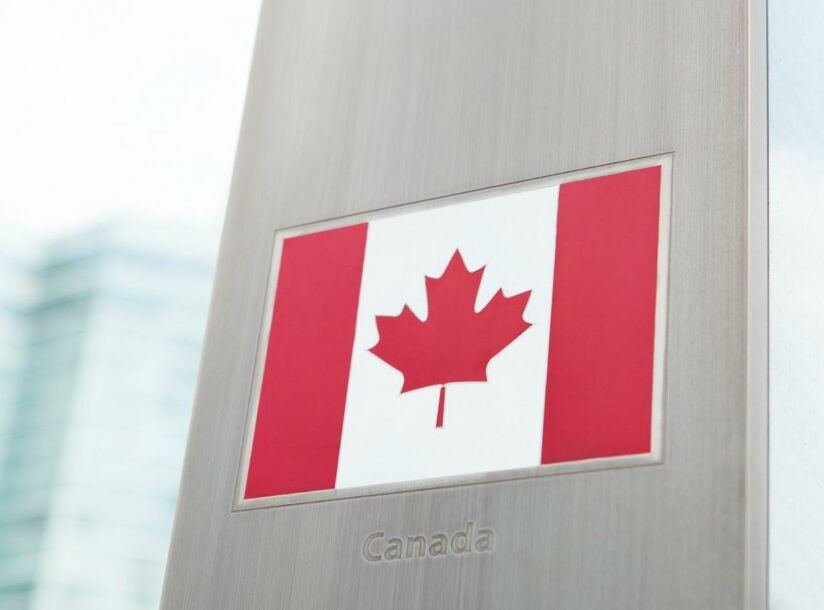Managing ICBC Debt: How Licensed Insolvency Trustees Can Help with Consumer Proposals and Bankruptcies

Dealing with debt owed to the Insurance Corporation of British Columbia (ICBC) can be overwhelming. Fortunately, Licensed Insolvency Trustees (LITs) offer structured solutions to help manage and potentially reduce ICBC debt.
Let’s explore how LITs can assist, the available solutions, potential drawbacks, and the types of ICBC debts that may not be dischargeable through consumer proposals or bankruptcies.
Understanding ICBC Debt
ICBC debt can arise from various situations, such as at-fault accidents where damages exceed insurance coverage, uninsured driving incidents, or unpaid insurance premiums. Unlike typical creditors, ICBC has the authority to withhold services like driver’s license renewals or insurance issuance until outstanding debts are settled. Notably, ICBC debt does not expire and is treated similarly to government debt, remaining until fully paid.
How Licensed Insolvency Trustees Can Help
Licensed Insolvency Trustees are federally regulated professionals authorized to administer debt relief solutions, including consumer proposals and bankruptcies. They provide personalized advice, negotiate with creditors, and guide individuals through the debt resolution process. When dealing with ICBC debt, LITs can assess your financial situation and recommend appropriate strategies.
Debt Relief Solutions for ICBC Debt
- Consumer Proposal: This is a formal agreement negotiated with creditors to repay a portion of the total debt over a specified period, typically up to five years. For ICBC debt, a consumer proposal can reduce the owed amount and arrange manageable monthly payments. Once the proposal is accepted and successfully completed, the remaining debt is forgiven.
- Personal Bankruptcy: If debts are insurmountable, filing for personal bankruptcy may be an option. This legal process involves surrendering certain assets in exchange for the discharge of most debts, including eligible ICBC debt. Upon discharge from bankruptcy, individuals are released from their obligation to repay the discharged debts.
Potential Drawbacks
Impact on Credit Rating: Both consumer proposals and bankruptcies have a significant impact on credit scores. A consumer proposal stays on your credit report for three years after completion or six years from the date it was filed, whichever comes first. Bankruptcy, on the other hand, can remain on your report for up to seven years, depending on the policies of the credit bureau.
Asset Liquidation: In bankruptcy, certain assets may need to be surrendered, depending on provincial exemptions. However, in a consumer proposal, individuals retain their assets.
Surplus Income Payments: In bankruptcy cases, if your income exceeds a certain threshold, you may be required to make additional payments, known as surplus income payments.
Important Considerations Before Filing
If you file a consumer proposal or bankruptcy and ICBC is one of your creditors, there are important considerations to keep in mind.
Renewing Your Driver’s License
ICBC generally allows you to renew your driver’s license once your consumer proposal or bankruptcy is accepted or filed. However, ICBC retains the discretion to deny license renewals or insurance coverage during the proceeding. Any existing restrictions or non-financial requirements imposed by ICBC must still be resolved before you can renew insurance or apply for a license renewal. It’s essential to confirm your specific situation directly with ICBC.
Insurance Payments After Filing
After filing a consumer proposal or bankruptcy, ICBC will no longer offer insurance financing. You can still purchase insurance, but you must prepay either annually or in three-month increments until your consumer proposal is fully completed or you receive a discharge from bankruptcy.
Judgement Debts to ICBC (Bankruptcy Only)
If you owe ICBC due to a motor vehicle accident, ICBC may assess your case based on:
- Whether you were cited for negligent or reckless conduct (e.g., impaired or dangerous driving).
- Whether you made genuine efforts to repay the debt.
- Whether ICBC is your primary creditor (holding 75% or more of your total debt, or debts exceeding $50,000).
If these factors apply, ICBC may oppose your bankruptcy discharge and seek a Conditional Order of Discharge, requiring you to repay some or all of the debt before being released from bankruptcy.
Non-Dischargeable Debts Related to ICBC
Certain ICBC debts arising from past driving infractions that have not yet been assessed are not included in a consumer proposal or bankruptcy. These include:
- Court-ordered fines, criminal code fines, and federal contravention fines
- Risk-related premiums, such as:
- Driver Point Premium
- Driver Risk Premium
- Multiple Crash Premium Programs
- Driver Point Premium
Before filing for a consumer proposal or bankruptcy, consider whether ICBC has fully assessed your driving record. Each year, just prior to your assessment date (typically your date of birth), ICBC reviews your driving history for offences in the previous three years. Any debt assessed after you file for insolvency will not be included in your consumer proposal or bankruptcy. Click the links provided to learn more about Driver Risk Premiums and Driver Penalty Point Premiums.
Navigating ICBC debt can be complex, but Licensed Insolvency Trustees offer viable solutions to manage and potentially reduce this burden. By exploring options like consumer proposals and personal bankruptcy, individuals can work towards financial stability. However, it’s crucial to understand the implications of each option and recognize that some ICBC debts may not be dischargeable. Consulting with a Licensed Insolvency Trustee will provide clarity and guidance tailored to your situation.
For personalized advice and assistance with ICBC debt, we recommend reaching out to a Licensed Insolvency Trustee for a free consultation. They can assess your financial circumstances and help you develop a plan to regain control over your finances.


